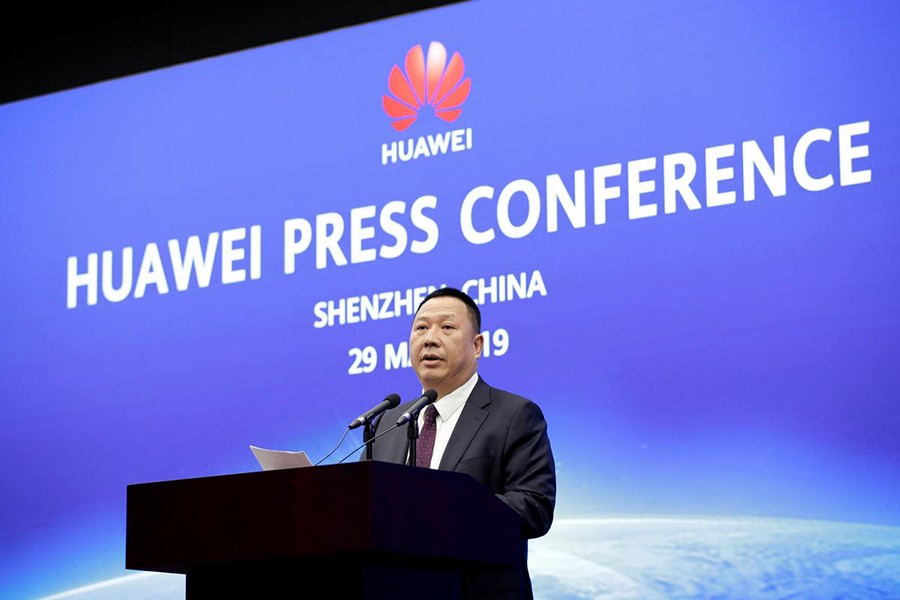China’s Huawei Technologies has filed a motion for summary judgment in its lawsuit against the US government, according to a court filing in the United States, in the telecoms equipment maker’s latest attempt to fight sanctions from Washington that threaten to push it out of global markets.
The motion, filed late Tuesday (local time) in the US District Court for the Eastern District of Texas, asks it to declare the 2019 National Defense Authorization Act (NDAA) unconstitutional in an update to the lawsuit brought by the telecommunications equipment maker in March.
The NDAA bill, passed into law by the US Congress last summer, places a broad ban on federal agencies and their contractors from using Huawei equipment on national security grounds, citing the company’s ties with the Chinese government.
Huawei has repeatedly denied it is controlled by the Chinese government, military, or intelligence services.
The world’s largest telecom network gear maker has since faced even greater sanctions as the US commerce department on May 16 put the firm on a trade blacklist that bans companies from doing business with Huawei, in a move which immediately disrupted the global tech sector.
The ban comes amid an escalating trade dispute between the world’s two biggest economies.
Huawei, which has been given a 90-day reprieve from the ban, has denied that its products pose a security threat and protested Washington’s attempts to limit its business.
Song Liuping, Huawei’s chief legal officer, wrote in the Wall Street Journal on Monday that the law is a violation of due process as it “directly and permanently applies to Huawei without opportunity for rebuttal or escape”.
“This is the tyranny of ‘trial by legislature’ that the US Constitution prohibits,” Song wrote.


